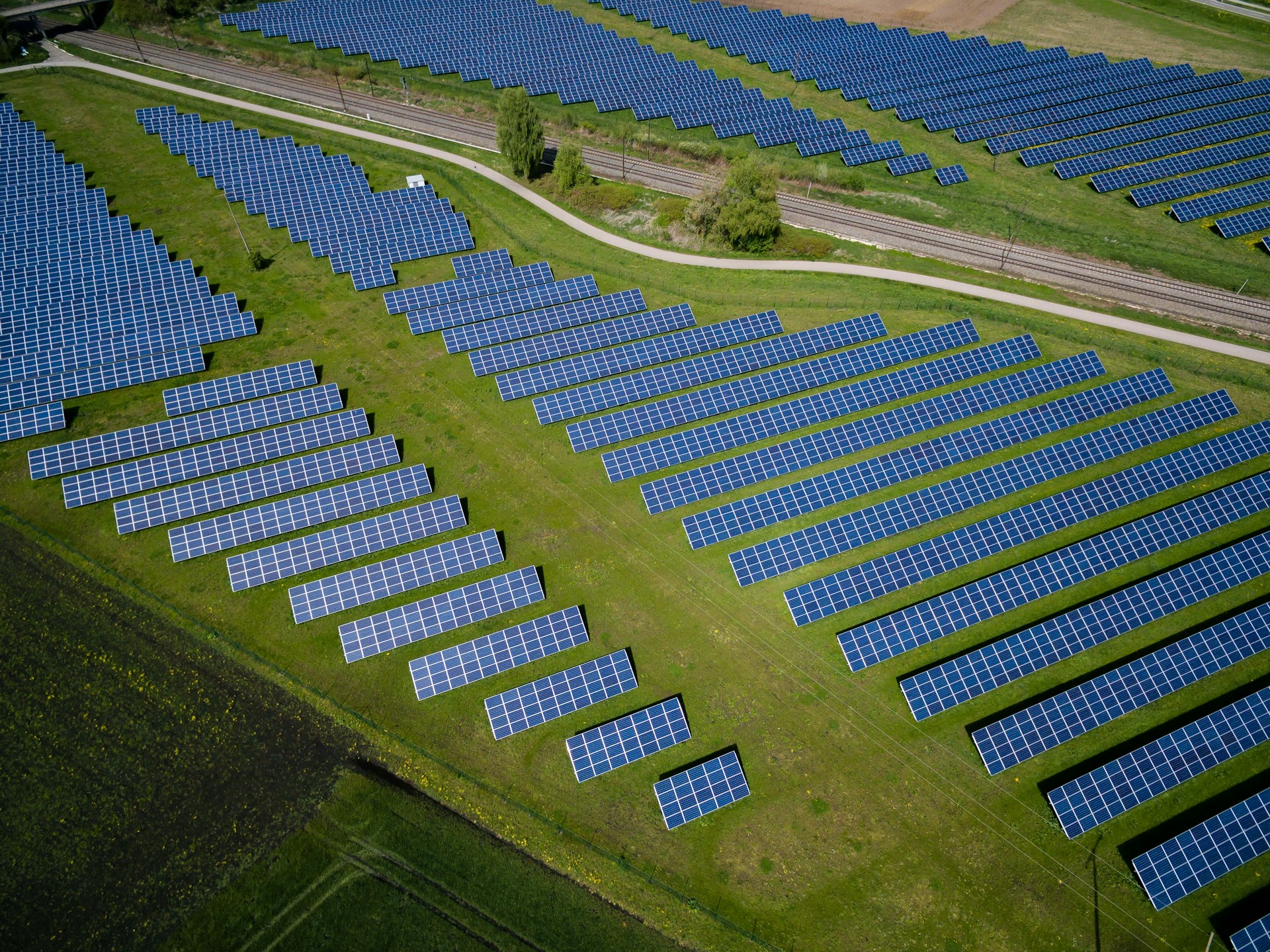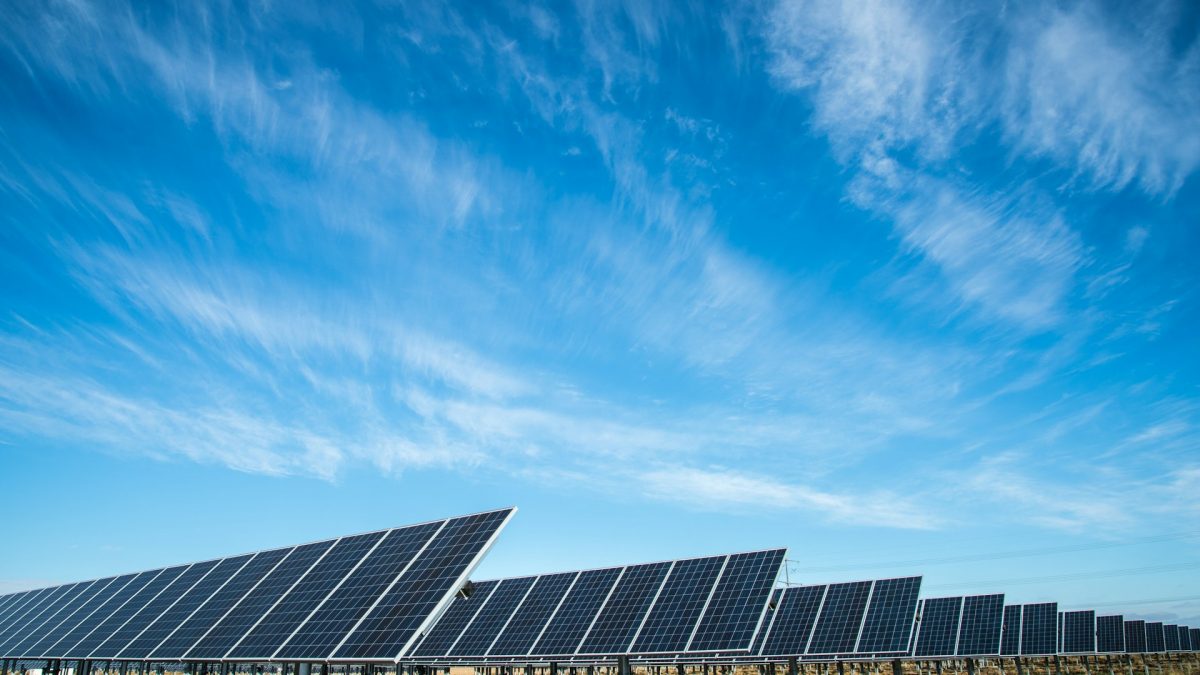In the quest for cleaner energy and lower utility bills, homeowners and eco-conscious individuals are turning to the skies — or more precisely, to the power of the sun. Solar panels are no longer a futuristic dream but a viable option for many. Yet the question remains: Are solar panels really worth it?
This blog post shines a light on both sides of the solar coin, helping renewable energy enthusiasts and the eco-curious to understand if harnessing the power of the sun is right for them.
Table of Contents
What Is Solar Power?
Solar power captures the sun’s energy using photovoltaic cells, which convert sunlight directly into electricity. This technology has seen significant growth as people seek sustainable and long-term energy solutions.
But How Exactly Do Solar Panels Work?
They consist of multiple cells made from layers of silicon, phosphorous (which provides the negative charge), and boron (which provides the positive charge). When sunlight hits these cells, it creates an electric field that drives the flow of electricity.
The Growing Interest in Solar Power Around the World
As environmental concerns intensify and renewable energy becomes more economically competitive, a global shift toward embracing solar power is evident. According to the International Energy Agency (IEA), solar energy has become the cheapest source of electricity in many parts of the world, a fact that substantially contributes to its growing popularity. Countries like China, the United States, and members of the European Union are significantly investing in solar technology, recognising its potential to meet a considerable portion of their energy demands while curbing carbon emissions. The IEA’s World Energy Outlook 2020 underscores the role of solar energy as the “new king” of electricity markets, highlighting its vital contribution to meeting sustainable energy targets.
This surge in interest is not confined to industrialised nations; emerging economies are also leapfrogging traditional energy sources directly into renewable ones. India, for example, has set an ambitious solar power target as part of its National Solar Mission, aiming to reach 100 GW of solar capacity by 2022. The International Renewable Energy Agency (IRENA) chronicles these developments, projecting that solar energy’s share of total renewable capacity could climb to over 60% by 2050. IRENA’s Renewable Capacity Statistics 2021 provides comprehensive data, showcasing these profound shifts, which signal a bright future for solar power.
Pros of Solar Panels
Solar panels offer a plethora of advantages that cater to both environmental sustainability and economic efficiency. Harnessing the sun’s energy, they generate clean, renewable power, which contributes significantly to the reduction of greenhouse gas emissions. Financially, solar installations can lead to substantial savings on electricity bills, and many governments offer incentives that further mitigate installation costs. Additionally, solar panels have a relatively low maintenance requirement and a long lifespan, which make them an increasingly popular choice for those looking to invest in renewable energy sources.
Here are some of the key benefits of solar panels:
Cost Savings
The most tangible benefit for many is the reduction in electricity bills. After the initial setup, the energy your panels produce is essentially free, and any excess can often be sold back to the grid.
Environmental Benefits
Solar energy is clean and renewable, reducing the reliance on fossil fuels and cutting greenhouse gas emissions — a big win for the planet.
Energy Independence
With solar panels, you’re less dependent on the grid and less affected by energy price hikes.
Government Incentives
Many governments offer rebates, tax credits, or feed-in tariffs to encourage solar panel installation, improving the return on investment (ROI).

Cons of Solar Panels
Despite the numerous benefits, it’s important to consider the potential drawbacks of solar panels. Initial installation costs can be high, and their efficiency can be affected by weather conditions and geographic location. Understanding these limitations is crucial for anyone considering solar energy as a sustainable power source. Here is an exploration of some of the disadvantages that merit attention:
Here are some of the main drawbacks of solar panels:
High Upfront Costs
Installation and the initial outlay for solar panels can be significant, though prices have been falling.
Weather Dependency
Solar panels rely on sunlight, so their output can fluctuate with weather conditions and seasons.
Maintenance and Repairs
While generally low, upkeep costs can accumulate over time, and panels can be costly to repair if damaged.
Limited Efficiency in Some Regions
In areas with low sunlight, the efficiency and effectiveness of solar panels can be compromised.
Considerations for Homeowners
Before deciding to install solar panels, homeowners should carefully evaluate several factors. It’s essential to assess the solar potential of their property, including roof orientation and shading by nearby structures or trees. The local climate and the average number of sunny days will also greatly influence the efficiency of a solar power system. Additionally, understanding local incentives and the regulatory framework for solar installations can impact the economic feasibility and payback period of the investment. It is advisable for homeowners to perform a cost-benefit analysis, taking into account the long-term energy savings against the upfront costs, to determine whether solar panels are the right decision for their home.
Here are some of the primary considerations for homeowners:
Roof Suitability
Not all roofs can accommodate solar panels — factors like size, angle, and shading come into play.
Energy Usage and Needs
Individual energy needs will dictate the size of the solar panel system required and its cost-effectiveness.
Financing Options
There are various financing options available, but they can affect the ultimate savings and ROI.
Return on Investment
While solar panels can be costly, they typically pay for themselves over time through savings on electricity bills. They can also contribute to increasing the overall value of your property.
How Much Do Solar Panels Cost?
The cost of solar panels can vary vastly depending on factors such as region, roof size, energy needs, and system capacity.
If you are considering installing solar panels in New Zealand, then look no further than Ivent. As one of New Zealand’s leading suppliers of electronic components, batteries, design and logistic services, Ivent has a huge range of solar panels for a wide range of applications including powering home solar systems.
Conclusion
Solar panels come with a suite of advantages that can offer significant savings and an environmentally friendly power source. Balancing these against the considerations, such as upfront costs and maintenance, is crucial for making an informed decision.
While solar energy isn’t a one-size-fits-all solution, it’s an increasingly attractive option as technology improves and more government incentives become available. Ultimately, determining the value of solar panels comes down to individual circumstances, preferences, and long-term energy aspirations.
Solar Panel FAQs
What are the main advantages of solar panels?
The main advantages of solar panels are cost savings on electricity bills, environmental benefits from using renewable energy, energy independence, and potential government incentives.
How many solar panels does it take to power a house?
The number of solar panels needed to power a house depends on the household’s energy consumption, the location’s sun exposure, and the panel’s efficiency. A professional assessment is recommended.
Is it worth getting solar panels in NZ?
For New Zealanders, the worth of solar panels hinges on factors like local electricity prices, sunlight hours, and individual energy use. With the country’s high solar exposure, they can be a good investment under the right conditions.
Remember, whether solar panels are worth the investment for you depends heavily on your unique situation. Nonetheless, there’s no denying that solar power continues to stake its claim as a key player in the global shift towards renewable energy.



Review Are Solar Panels Worth It? Pros and Cons.